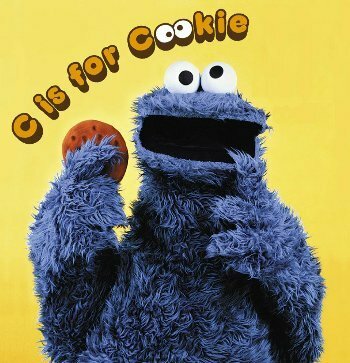I hate playing favorites, but my best friend out of ALL my friends would have to be Julia! She has medium-length curly brown hair and brown eyes. When Julia doesn't know a person very well it's challenging for her to open up to them completely. She speaks spanish fluently and detests peanut butter because, in her opinion, it looks strange. She always has an aura of peacefulness and cheeriness surrounding her, so whenever I'm with her I can't help but be happy and relaxed just like her. One thing that I advise a person not to do is to mispronounce her name. Once you mispronounce it she says, "It's pronounced Hulia NOT Julia, gosh!" Also, she recently decided to become a vegetarian and stop eating meat; that ties in with her don't pollute and keep the earth clean motto.
At first you would perceive Julia as an
introvert since she can keep to herself when she doesn't know you, however with time her personality morphs into more of an
ambivert and she will begin to open up like a flower early in the morning. Once Julia opens up you see that she's intense and strong-willed; her will power won't let her give up easily. I'll admit she's a bit of a hippie; not a bad drug-user hippie, but one who cares about nature and others. She's very attentive to people's emotions and can sense when something is wrong. For her being an
altruist comes naturaly; she doesn't have to force herself to care or worry about others in order to seem nice, in fact, it's like she has an extra sixth sense.

